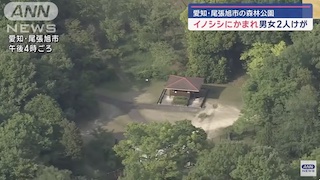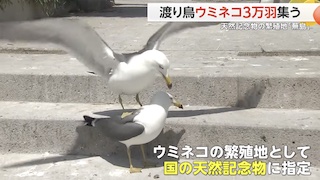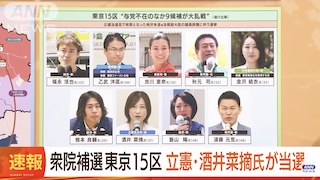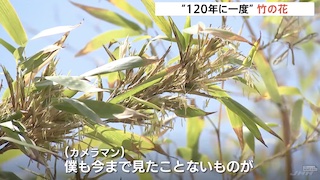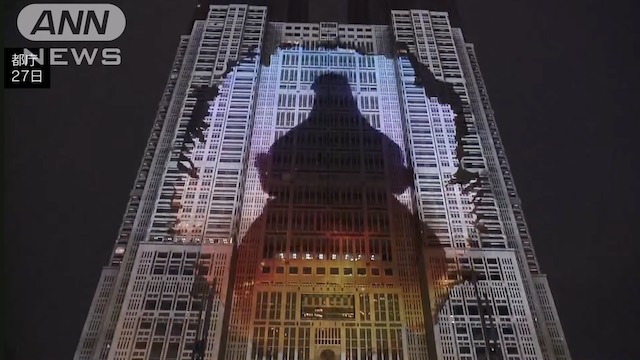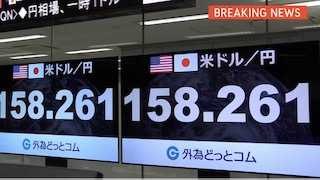Aug 17 (NHK) - Lack of sunshine caused by prolonged cloudy conditions and lingering rain in Pacific coastal areas of northeastern Japan may cause problems for the rice harvest.
Officials in the Miyagi and Fukushima prefectural governments have notified farmers that they should pay close attention to the state of their rice fields.
Rainy and overcast conditions have prevailed since late last month in the Tohoku region. This has reduced the number of hours of sunshine to significantly below the level of the average year.
The officials say the lack of sunshine is likely to lower the resistance of rice plants, causing a spread of disease. Infected plants are unable to produce grain.
They call on farmers to check on their fields frequently and to spray pesticide immediately after finding infected plants.
The Meteorological Agency says the number of hours of sunshine between August 6th and 15th was 10 percent lower in Sendai City and 23 percent lower in Fukushima City than the average figures.


